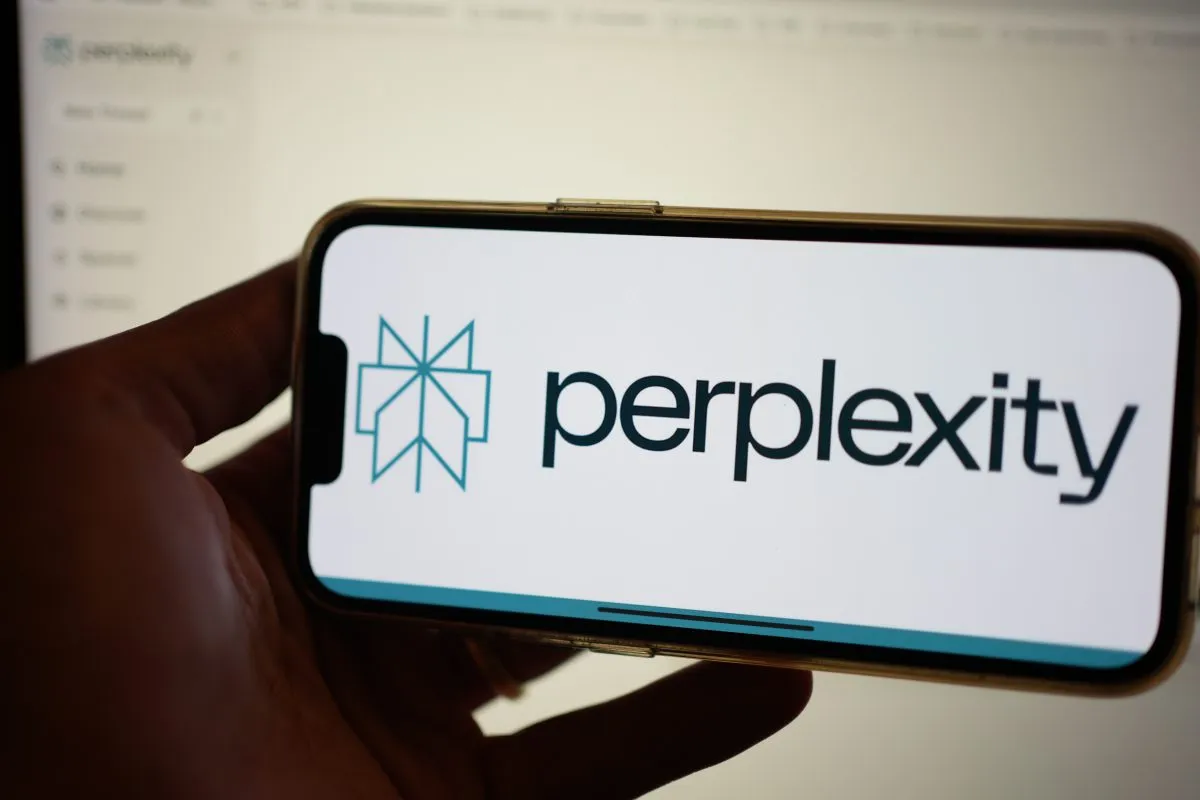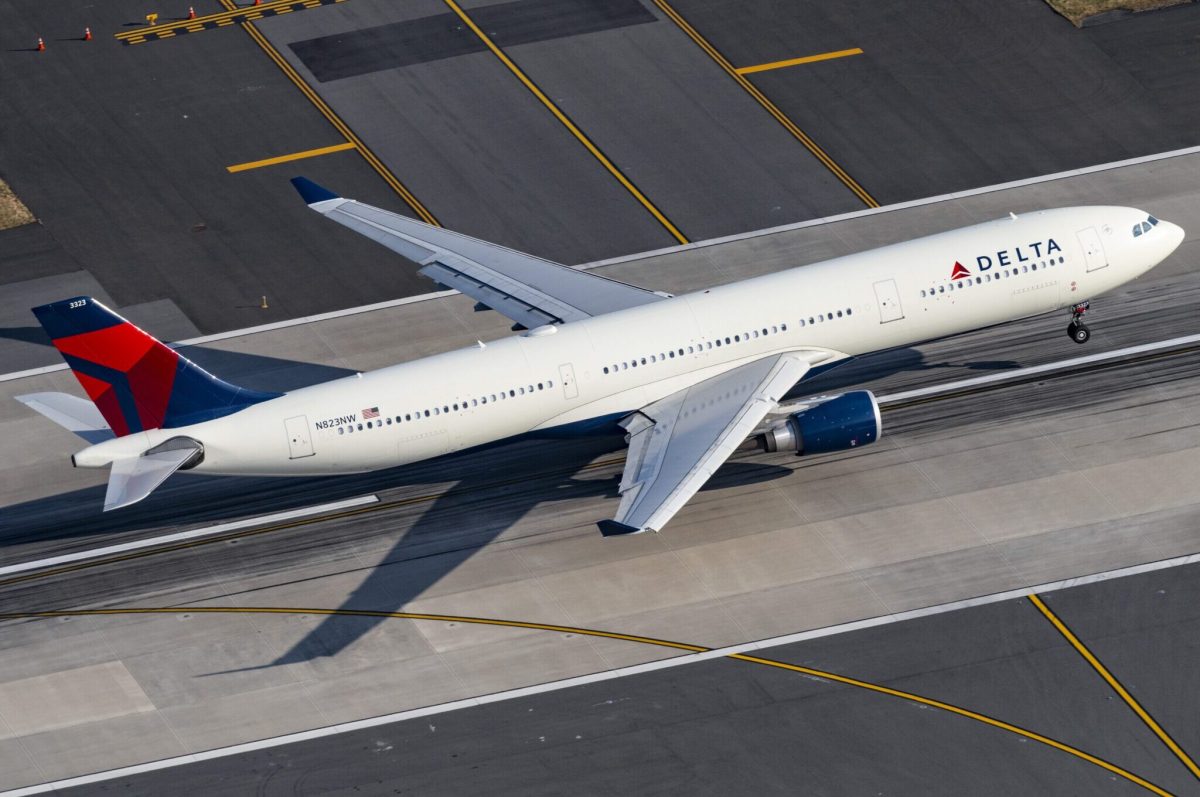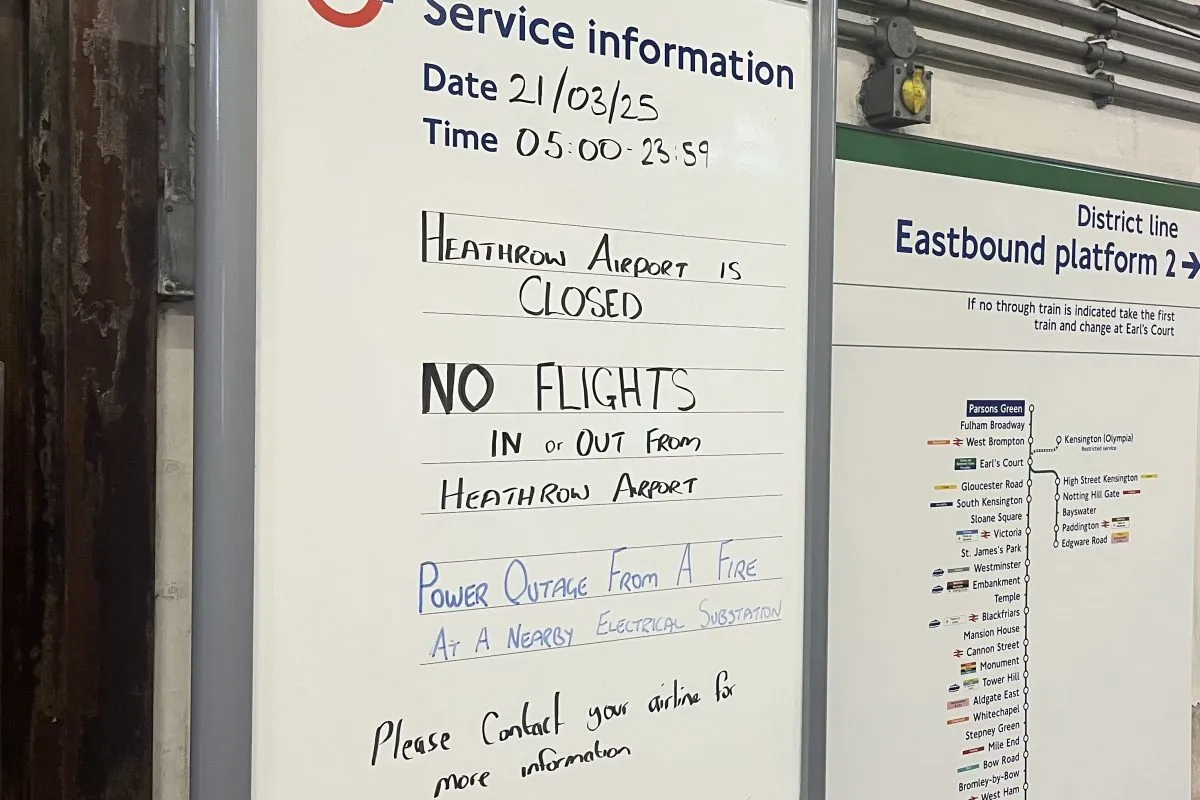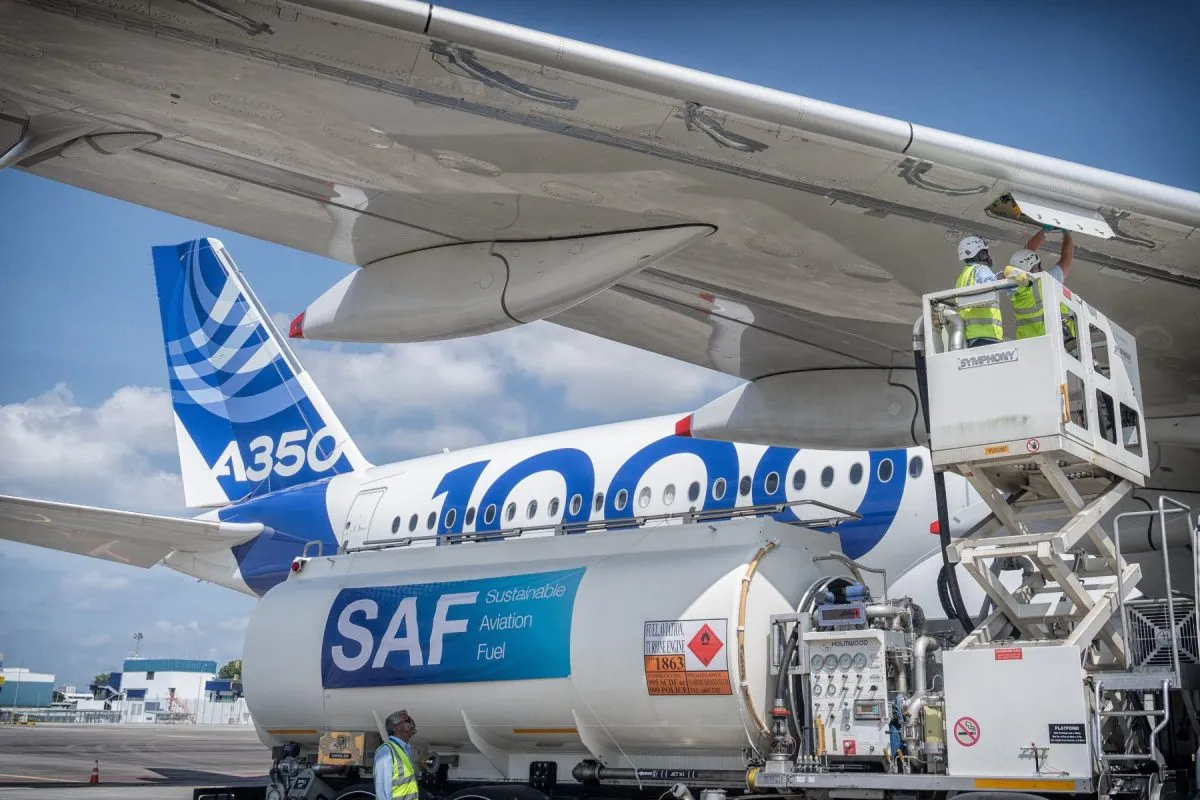Expedia and Marriott Finally Sign a New Contract
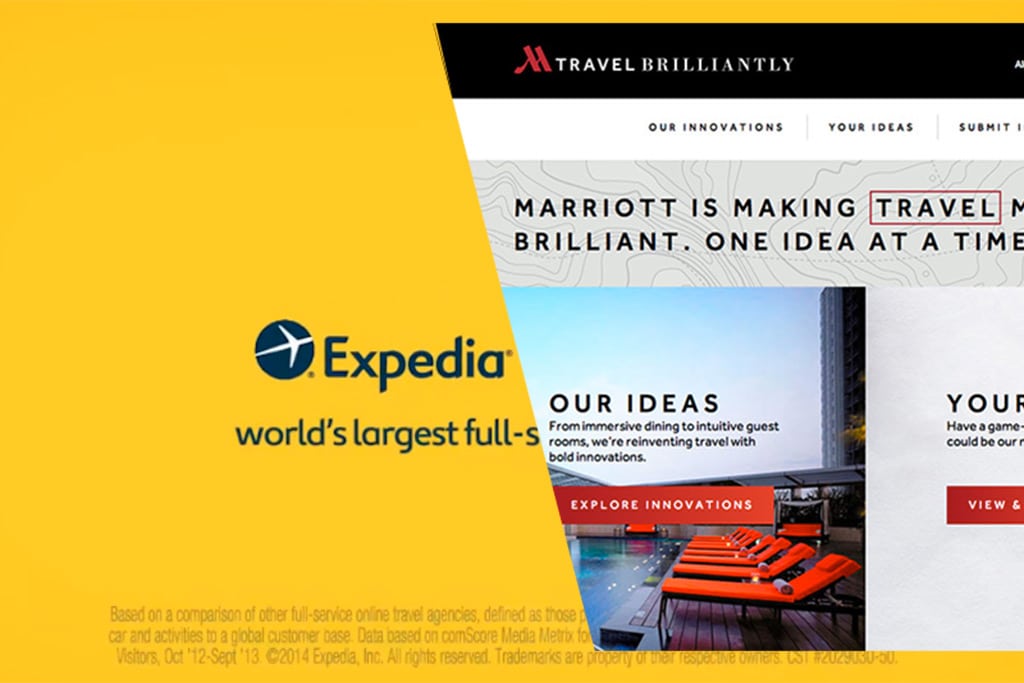
Skift Take
Marriott and Expedia Group have finally signed a new multiyear contract, their first new agreement since Marriott bought Starwood for $13 billion in 2016, and won bragging rights as the largest hotel chain in the world.
In a joint statement sent to Skift Thursday, the two companies said they “have reached mutually beneficial economic terms that advance each company’s strategic objectives.”
A proverbial "win-win," as the marketing gurus would have you believe.
The existing Expedia-Marriott contract had expired in November, but the two parties extended it during months-long negotiations. The entire hotel industry and online travel arena were watching the progress of the talks to glean whether there were any disruptive industry dynamics would play into the outcome.
In addition to maintaining their distribution relationship, which keeps Marriott International’s rooms and more than a couple-dozen brands for sale on Expedia.com, Hotels.com and other Expedia Group brands, the two parties to the negotiations said Expedia will get an expanded role in powering flights and hotel packages on Marriott Vacations, a partnership that dates to the summer of 2016.
In addition, the joint statement said Marriott will use Expedia technology “for an innovative distribution arrangement beyond transient retail bookings,” an initiative that is slated to kick in during the fourth quarter.
While it’s unclear precisely what the new technology plan might involve, it’s a no-brainer that it will not have Marriott generating new Bonvoy loyalty program sign-ups through Expedia, as chains such as Red Lion Hotels, for example, have done.
As part of the deal, Marriott is expected to have an increased presence on Expedia’s discounted inventory site, Hotwire.
Another thing that the agreement does not appear to do is give Marriott a more high-profile presence on Expedia Group sites such as Expedia.com and Hotels.com in terms of hotel search results. Several years ago, when Marriott began emphasizing direct bookings on Marriott.com, and giving loyalty program members lower rates on Marriott.com than the chain was providing to Expedia and other online travel agency sites, Marriott’s listings on Expedia sites often descended in the sort order as Expedia favored independent hotels instead that gave it better rates.
The new agreement does not appear to change that dynamic.
Who Won?
Each side was separately communicating details of the new agreement to employees, and/or hotel owners Wednesday and Thursday. Regarding real estate owners, Marriott has embraced an asset-light strategy, so many of its properties are independently owned. That means hotel owners have some autonomy, and would need to get up to speed about the terms of the deal.
Expedia believes, according to a source outside the company, that the agreement is net-revenue neutral in terms of the blend of standalone hotel bookings and hotel bookings as part of vacation packages as compared with the previous contract. In other words, if this characterization is to be believed, Expedia is not taking a revenue hit from the agreement, nor is Marriott disadvantaged.
What that means, however, can be open to wide interpretation and remains to be seen. The actual real-world details could have a broad impact on hotel chain-online travel agency relationships beyond just Marriott and Expedia.
Flo Lugli, principal of hotel-distribution consultancy Navesink Advisory Group, argued to Skift that agreements like the new Marriott-Expedia pact are complex, and shouldn’t be over-simplified as this party or that company giving ground on commissions or margins by a certain percentage.
Lugli noted that Expedia has publicly stated numerous times, during earnings calls and in other forums, that the commissions, or take rates, it gets from big hotel chains have been falling in recent years. She believes that major chains and online travel agencies have negotiated margins down to about as low as they'll go "from a blended perspective" compared with other distribution channels.
“The blended rate is likely fairly consistent,” said Lugli, who sits on an Expedia advisory panel made up of experts to discuss changing travel industry dynamics, referring to the new Expedia-Marriott agreement versus the prior one. “It may change for individual hotels, but for the most part, the economics remain the same.”
Marketing Spend Versus Commission Reductions
Instead, what likely happened as a result of the talks, Lugli said, is “there was an exchange of value where Marriott might have received reduced rates in exchange for making increased commitments on marketing or advertising spend.”
In that regard, Marriott might have agreed to higher marketing spend through Expedia and an enhanced technology partnership, and in exchange is expected to get a higher-profile presence on Expedia Group’s discount brand, Hotwire, as well as other perks.
“These deals are so complex because the parties pull levers against one another,” said Lugli, adding that perhaps some Marriott properties will pay higher commissions during “need periods” when they are hard-pressed to fill rooms than during times of higher-occupancy.
For some hotels, these so-called need periods could occur on weekdays and for others it might be on the weekends, she said.
Of course, in the run-up to the agreement, these negotiations were considered to be potentially standard-setting for the hotel industry if a now-bigger and -stronger Marriott could wrangle reduced commissions or other concessions from Expedia.
If Expedia indeed caved in some way to Marriott, then perhaps other big chains such Hilton, InterContinental Hotels Group, Hyatt, Wyndham, Choice and Accor could demand reduced commissions, as well, went the thinking.
Lugli stated that the Expedia-Marriott agreement “will be a good proxy for other deals that will be coming up in the next year or two.”
Smaller chains or hotel groups may not have the leverage based on volumes that Marriott can exert against Expedia, but they can take advantage of some of the elements in the structure of the agreement in terms of getting creative with “value exchange,” Lugli said.
In other words, perhaps hotels might receive breaks on commissions in exchange for entering into technology deals with Expedia, or agreeing to higher marketing commitments.
There may be additional details of the new pact emerging Thursday or in the next few days because Marriott is sharing some of the terms with property owners Thursday.
Here’s the joint statement issued Thursday by Marriott and Expedia about the much-anticipated deal.
“Marriott International has signed a new, multi-year agreement with Expedia Group. The agreement continues Marriott’s long-standing distribution arrangement with Expedia Group for transient bookings, expands Expedia Group’s role related to Vacations by Marriott, the company’s leisure packaging platform, and leverages Expedia Group’s technology capabilities for an innovative distribution arrangement beyond transient retail bookings expected to launch in the fourth quarter. Under the new, expanded relationship, Marriott and Expedia Group have reached mutually beneficial economic terms that advance each company’s strategic objectives.”


